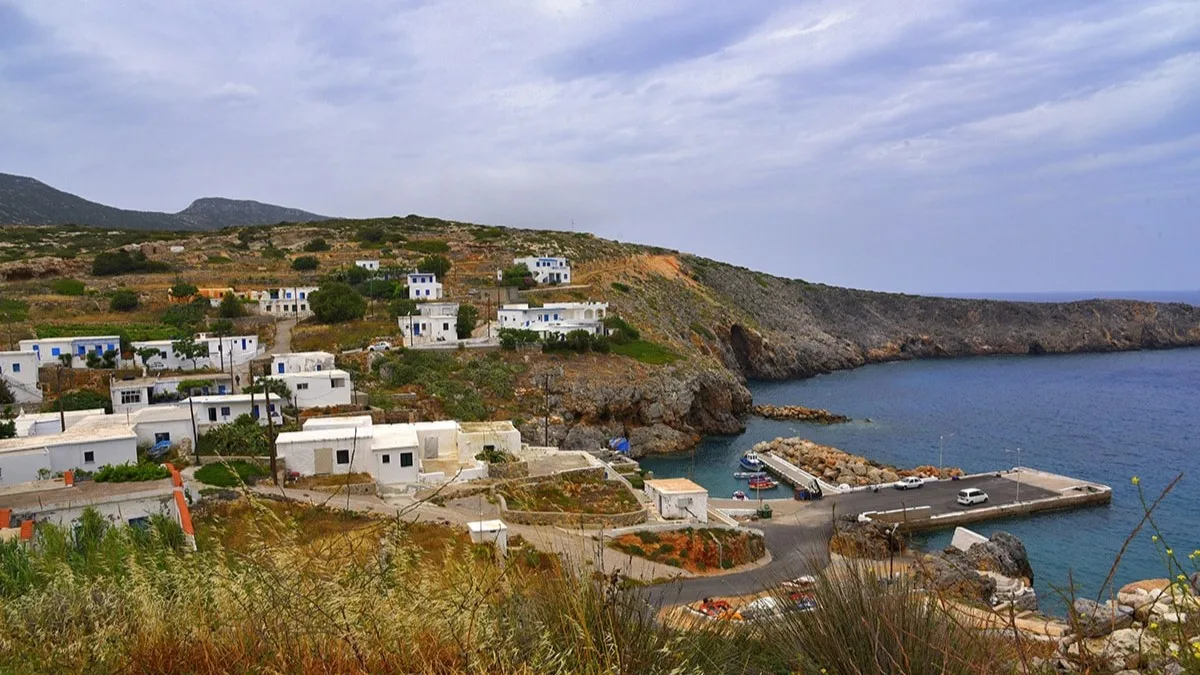“There are 20 to 25 of us, no children, no bakery,” said local leader Giorgos Harhalakis, who is determined to revive the small Aegean island of Antikythera despite its depopulation challenges.
According to France24.com, Antikythera, situated between Kythera and Crete, has seen its population dwindle over the years. In the 2021 census, only 39 residents remained, down from 120 in 2011. Harhalakis, 37, recalls growing up on the island, which was once home to farmers and fishermen. Today, only the port of Potamos is inhabited, with abandoned homes scattered across the island.
The island’s only connection to the outside world is by boat, and its school, which briefly reopened in 2018, closed again in 2021 when the last student left for secondary school in Kythera. This mirrors a national trend, with many rural schools shuttering due to Greece’s low fertility rate, which stood at 1.43 children per woman in 2021.
Greece’s ageing population, with over a fifth of its people aged 65 or older, and the emigration of young people during the financial crisis have exacerbated the issue. Efforts to attract new residents, including a failed initiative in Antikythera, have seen limited success.
Harhalakis believes the island’s future depends on infrastructure development and state incentives. Antikythera has just one cafe, run by an elderly man, and its native population is rapidly ageing.
Hopes now rest on a climate change observatory planned for the island, which could bring jobs. Antikythera already holds significance in the scientific world, known for the discovery of a 2nd-century astrological clock, believed to be the world’s oldest computer, found off its coast in a Roman-era shipwreck.
Source: AFP, france24.com
